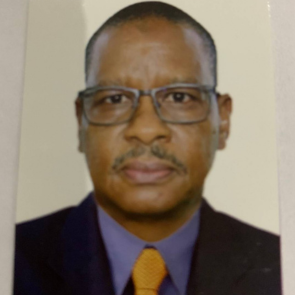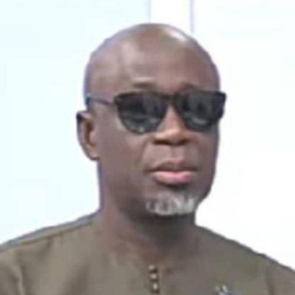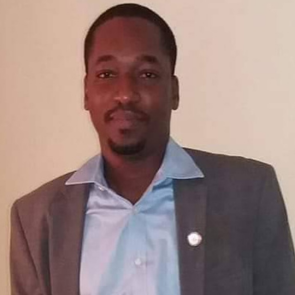
#Burkina Faso
#Burkina Faso
Burkina Faso has experienced a number of terrorist attacks since 2015, and security forces have engaged themselves in several extrajudicial killings and the systematic targeting of communities where the terrorist groups are allegedly based. In response to this security crisis, authorities have adopted measures that are shrinking the civic space in Burkina Faso.
A law for the protection and promotion of human rights defenders was approved by the National Assembly on 27 June 2017 but it is limited and lacks effective implementation with no protection mechanism yet created. The law fails to acknowledge the specific risks faced by women human rights defenders in their work.
Burkina Faso amended its Criminal Code in June 2019, adopting a new law containing overly broad offences which could be used to restrict access to information and clamp down on HRDs, journalists, and bloggers. It allows for a sentence up to 10 years of imprisonment solely for reporting information related to military operations. Article 312-11 criminalizes any acts that may “demoralize” security forces, while the law also permits a judge, at the request of a public minister, to block websites or email addresses being used to spread “false information”. Journalists and HRDs routinely practice self-censorship, fearing that publishing criticism of the government could result in arrest or closure of their organisation. The government has denied multiple requests for permits for NGOs and civil society organizations who seek to organize demonstrations, usually invoking the security context.
HRDs who are working on the security context, denouncing the failure of the state to protect its citizens, the extrajudicial killings committed by the army or poor crisis management by the authorities are branded as supportive of terrorism and sometimes arrested and charged with ‘’disseminating information likely to undermine the morale of the troops’’. HRDs working on the fight against gender based violence, and on mining and extractive industries are also particularly at risk, facing threats, intimidation and arbitrary arrests. Many suspect they are under electronic surveillance. In May 2019, two members of ODJ (Democratic Organization for Youth) were killed while working on a report highlighting alleged corruption by a mining company and the possible involvement of the local authorities. The targeting of HRDs working on sensitive issues can come from a range of sources, which makes access to justice even more difficult.
Women HRDs face specific gender oriented threats. They are subject to rape threats, online and offline sexual harassment and defamation. The risk is particularly high for women defenders denouncing the impact of the terrorist attacks on women in the rural communities affected by those attacks. Same-sex sexual activity is not criminalized in Burkina Faso but LGBTI+ defenders face societal discrimination including assault, harassment and threats. Even if they are not arrested or punished by the law, it is impossible for an LGBTI+ organization to get registered if they detail what activities the organisation will engage. They are regularly denied access to justice and healthcare.




